THE 48TH CCBM BIDS FAREWELL TO THE “LAND OF GOOD PEOPLE”
Friday, 03 November 2023
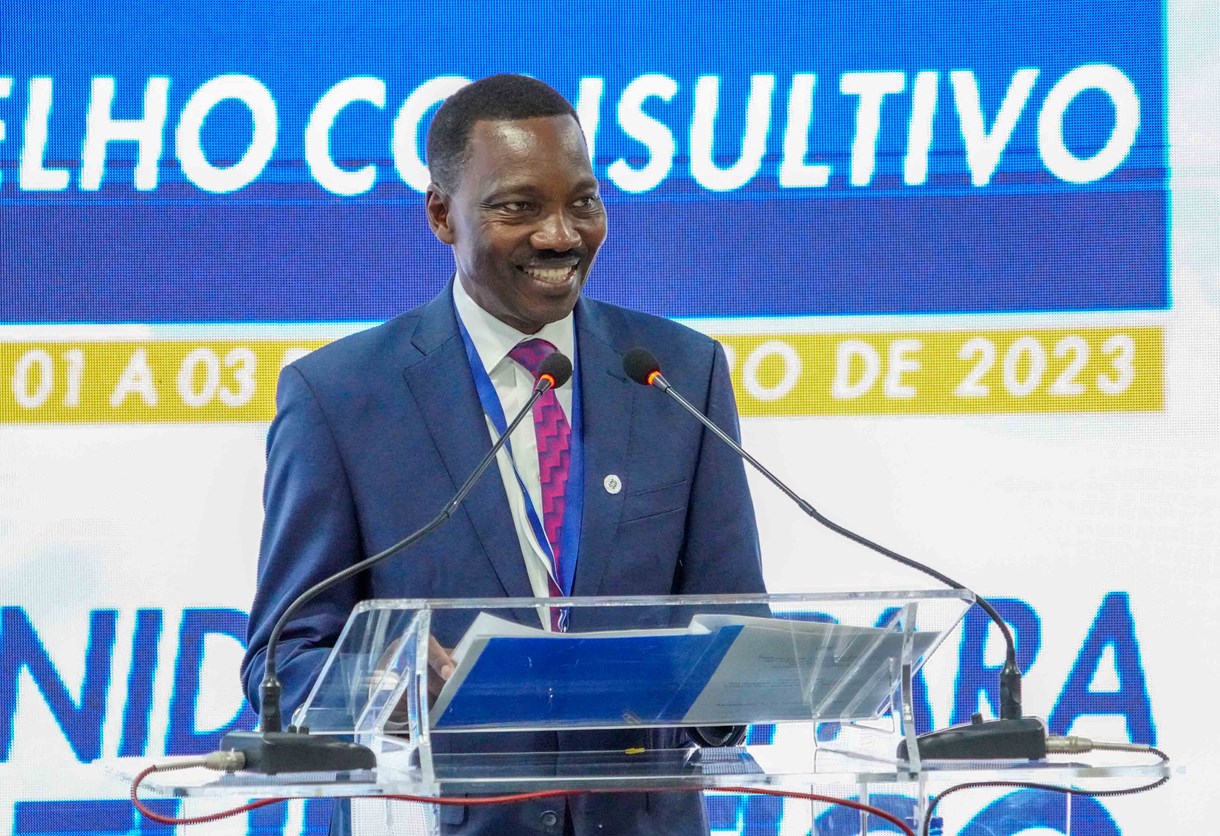
This Friday morning, the Governor of the Banco de Moçambique, Rogério Zandamela, wrapped up the 48th Advisory Board meeting of the Banco de Moçambique(CCBM), held from November 1 to 3 in Inhambane city, the well-renowned “Land of Good People”. The central bank meeting brought together former governors, board current and former board members, advisors, managers and staff members of the Banco de Moçambique (BM), government authorities, representatives of credit institutions and financial companies, academia and partners.
The theme elected for this Advisory Board meeting was “Challenges and Opportunities in Maximizing Mozambique's Tourism Potential: The Case of Inhambane Province”, providing for worthwhile discussions and inputs from participants.
Rogério Zandamela said that “the theme was chosen in recognition of the high tourism potential of the country in general and the Inhambane province in particular, which contributes to the economy by generating decent jobs for households, businesses throughout the value chain, state revenues, and foreign currency to support the balance of payment, albeit remaining quite limited”.
The Governor referenced that in 2019, for example, the tourism sector in Inhambane province employed about 7519 people, with a territory of about 69 thousand square kilometers, lower than Zanzibar Archipelago, which employed about 22000 people in the same year, with a territory of 2654 square kilometers.
The Governor added that following up on the recommendations from the study and those that have arisen from the discussions may be useful in improving the sectoral contribution of tourism and other related sectors to the gross domestic product, thus driving economic growth towards its true potential over the medium and long terms, in close coordination with the competent authorities.
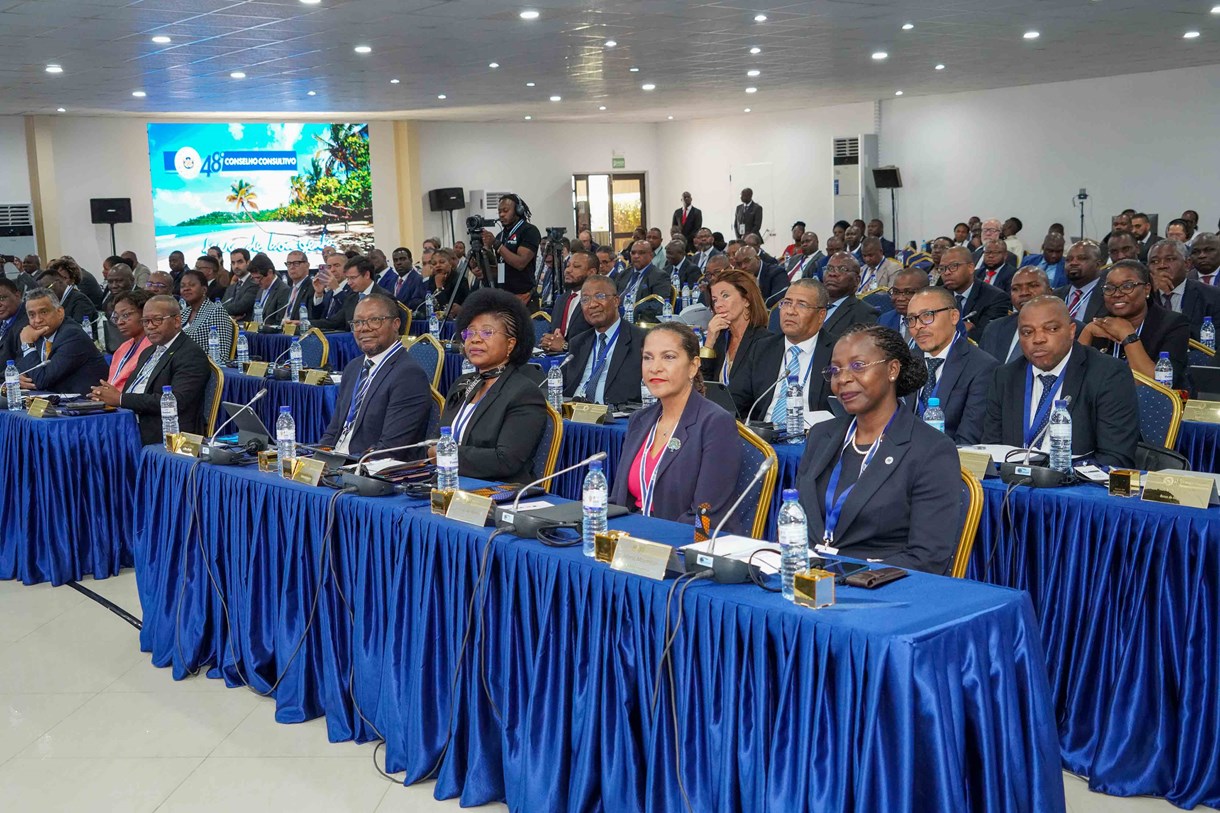
Amid his speech, the Governor referred to BM's visits to local economic enterprises, namely Poelela Fisheries, Crede Mozambique and DADTCO Mandioca Moçambique and manufacturing units dedicated to producing various goods mostly exported, and partly commercialized in the domestic market.
“Despite the negative impact of climate shocks and other challenges faced by such manufacturing units, we are pleased to have witnessed their contribution to job creation and income generation for local communities and the Inhambane province in general” - said Rogério Zandamela.
Also during this Advisory Board meeting, the BM supported two local initiatives, in line with its corporate social responsibility policy, namely, the Laura Vicunã and Carolyn Belshe reception centers, which received financial support for infrastructure and furnishing improvement works.
The Governor wrapped up the event, reiterating his appreciation for the Government of the Inhambane province and the city's residents for their welcome and hospitality during the preparation and course of the CCBM, as well as the Organizing Committee for their commitment to the event's success.
PROVINCIAL AUTHORITIES COMMEND CENTRAL BANKS
The Provincial Director of Tourism, Emídio Nhantumbo, speaking on behalf of the Governor of Inhambane Province, Daniel Chapo, and the Chairman of the welcoming City Council, Benedito Guimino, rallied to commend the central bank for choosing the province to host the event.
The authorities renewed their conviction about the high tourism potential of the province, while expressing willingness to keep collaborating for the local development and the country.
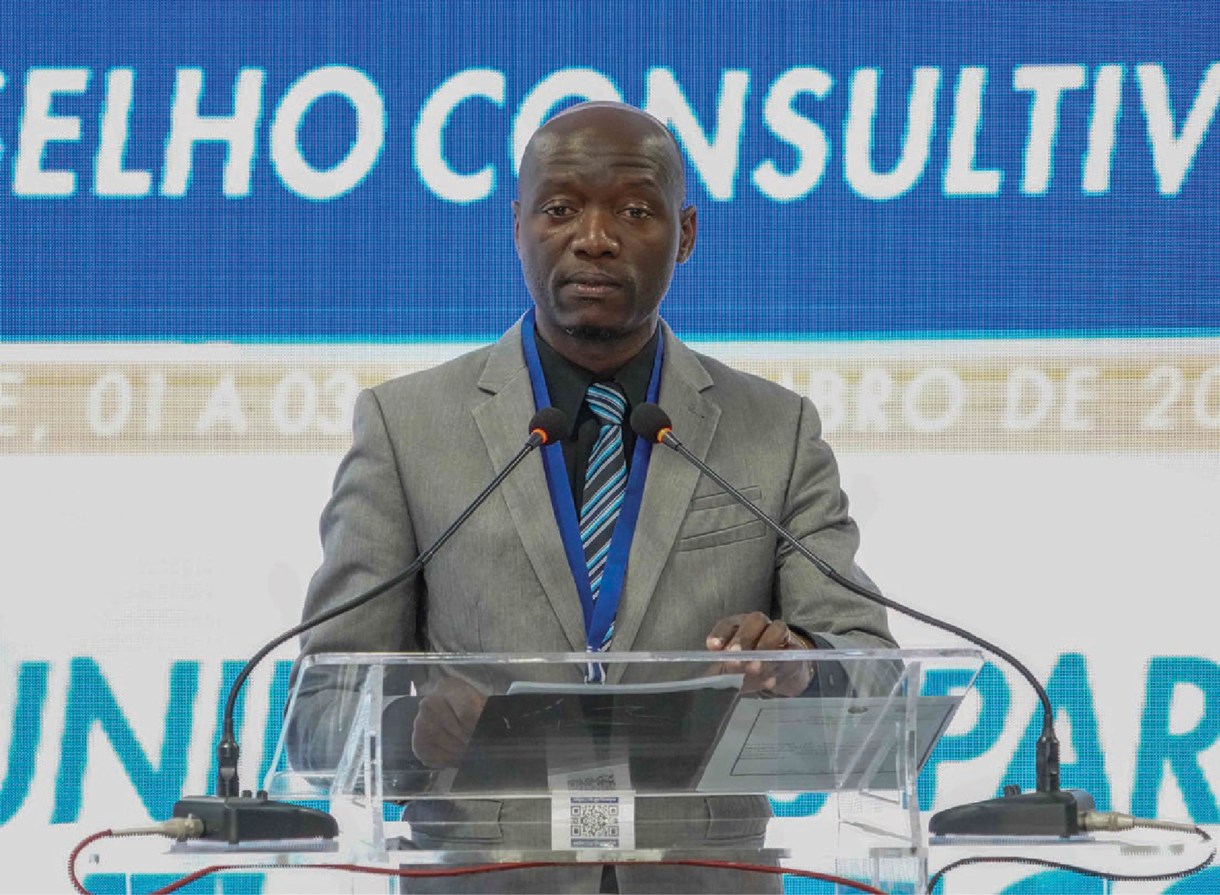
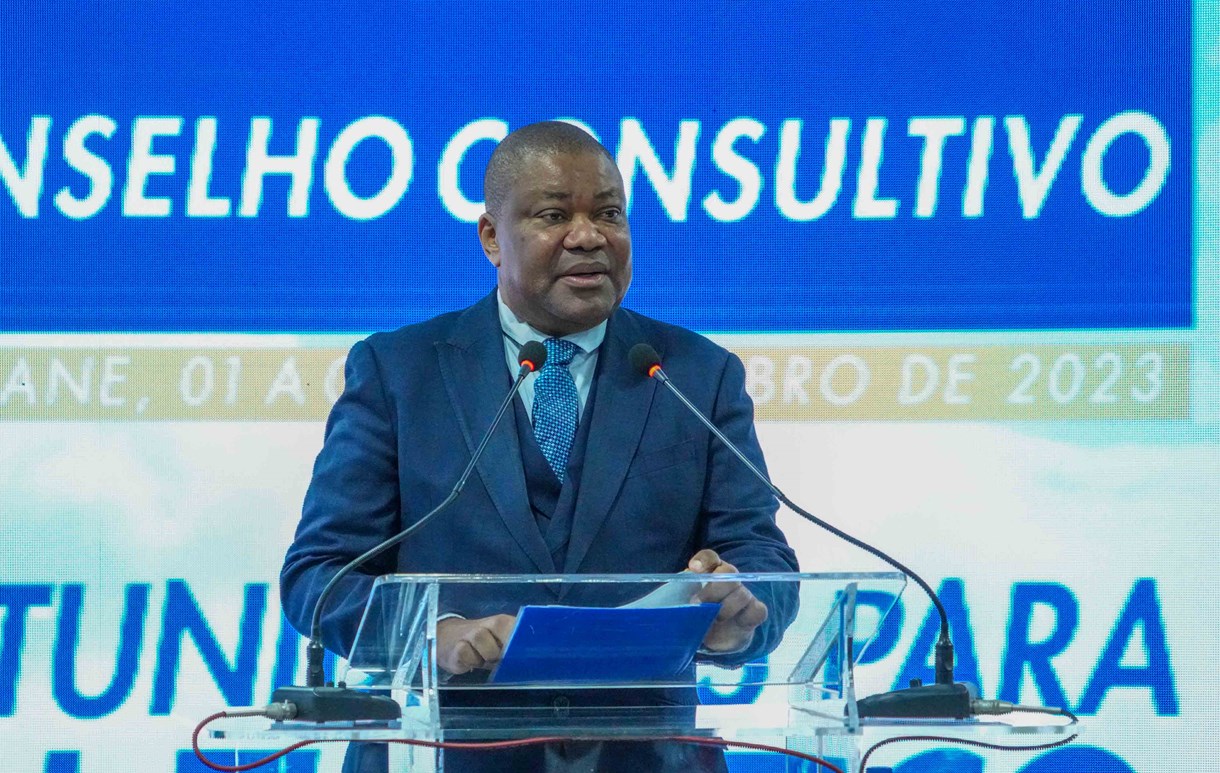
CHALLENGES AND OPPORTUNITIES IN MAXIMIZING MOZAMBIQUE'S TOURISM POTENTIAL: THE CASE OF INHAMBANE PROVINCE
The Director of the Economic Research Department, Carlos Baptista, keynote speaker of the public session theme, said that the greatest bottlenecks in maximizing the tourism potential of the Inhambane province and Mozambique in general, are associated with struggling infrastructure and public services, an unfavorable business environment, weak effective prioritization of the sector by the government, a low variety of tourism products and marketing of tourist destinations in Mozambique/Inhambane province, a deficit in tracking revenue generated, and in the sector's fee structure.
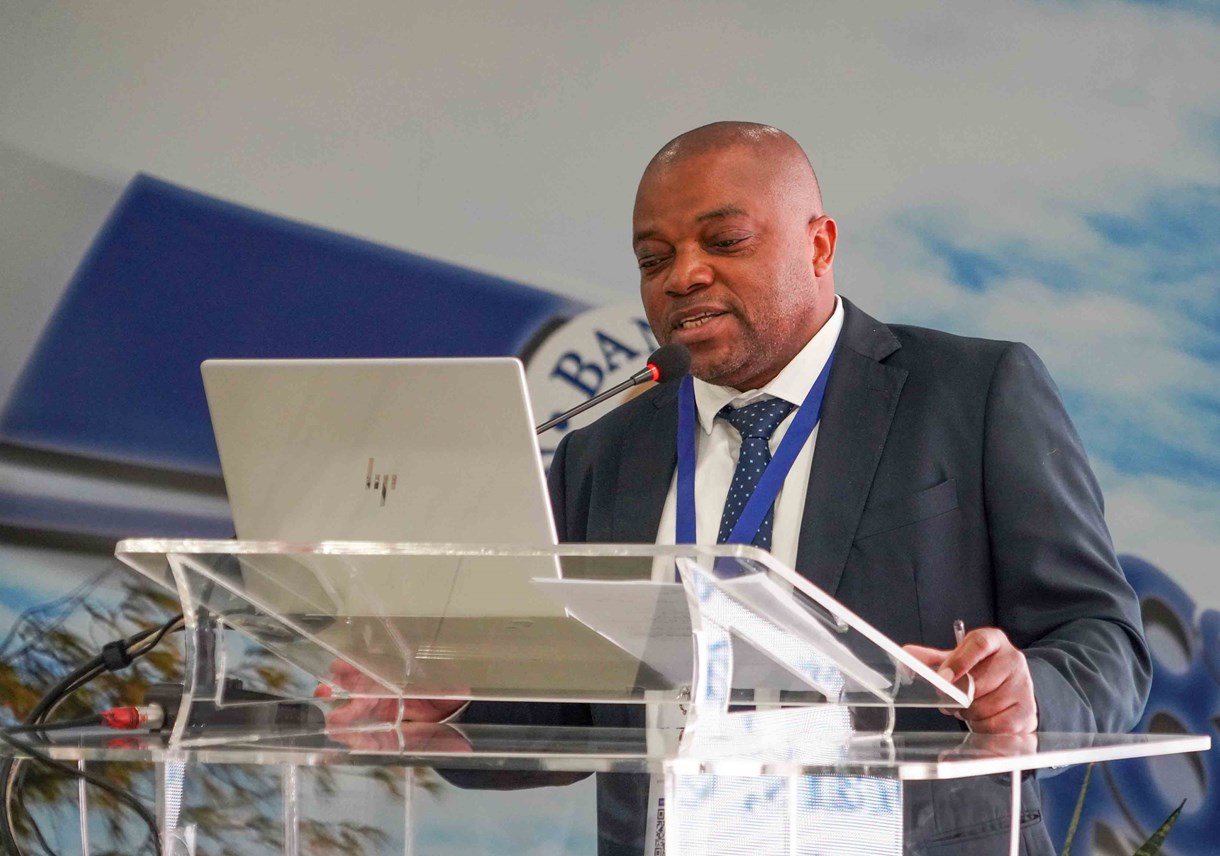
While alluding to Zanzibar's success story, Carlos Baptista defended that the study recommends the identification of territorial areas based on its high tourism potential in the province, as a free tourism zone, on an experimental basis, so that the sector brings greater socio-economic benefits sustainably.
Baptista believes that the structural transformation of the sector involves providing the area with professional institutions, investing in infrastructure, engaging large international hotel chains, strengthening revenue-tracking mechanisms through digitalization, improving the tax grid and strengthening the legislation's provisions on the repatriation of income in the export of goods and services.
